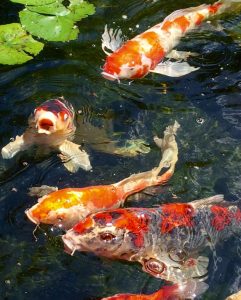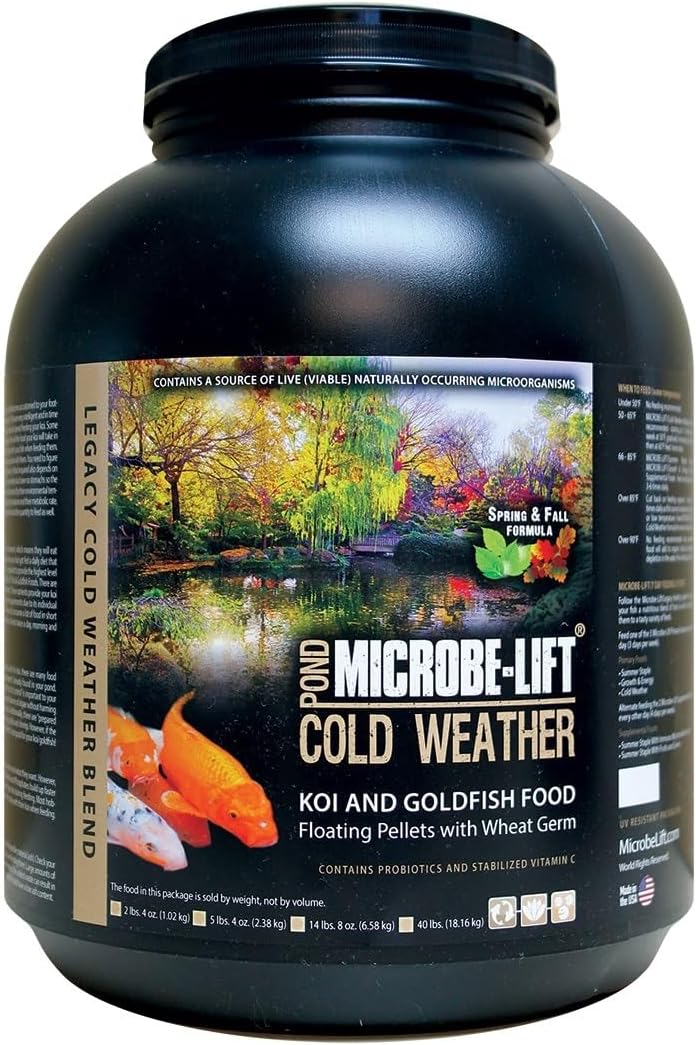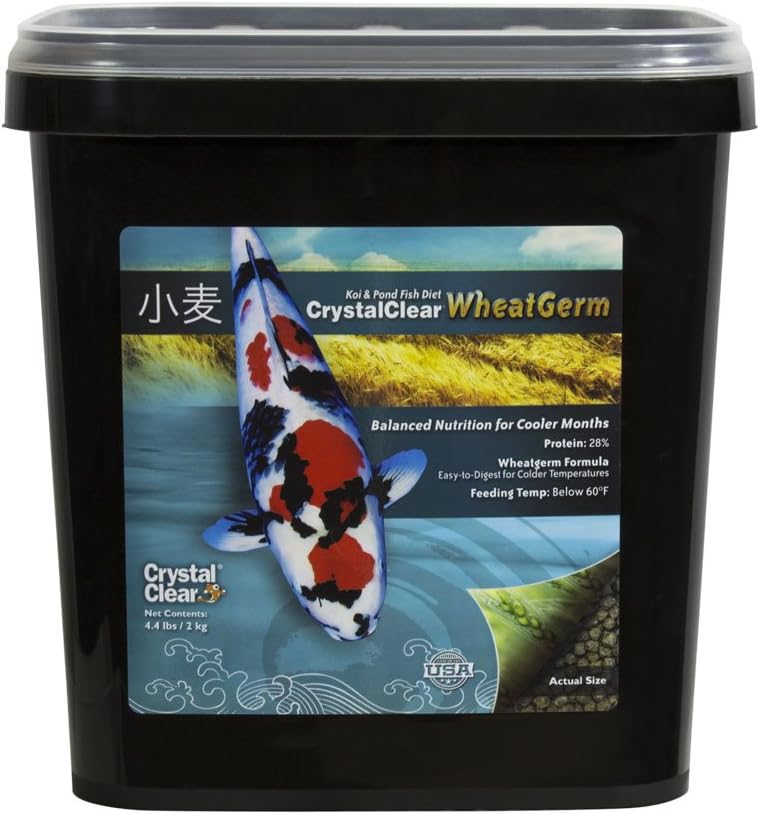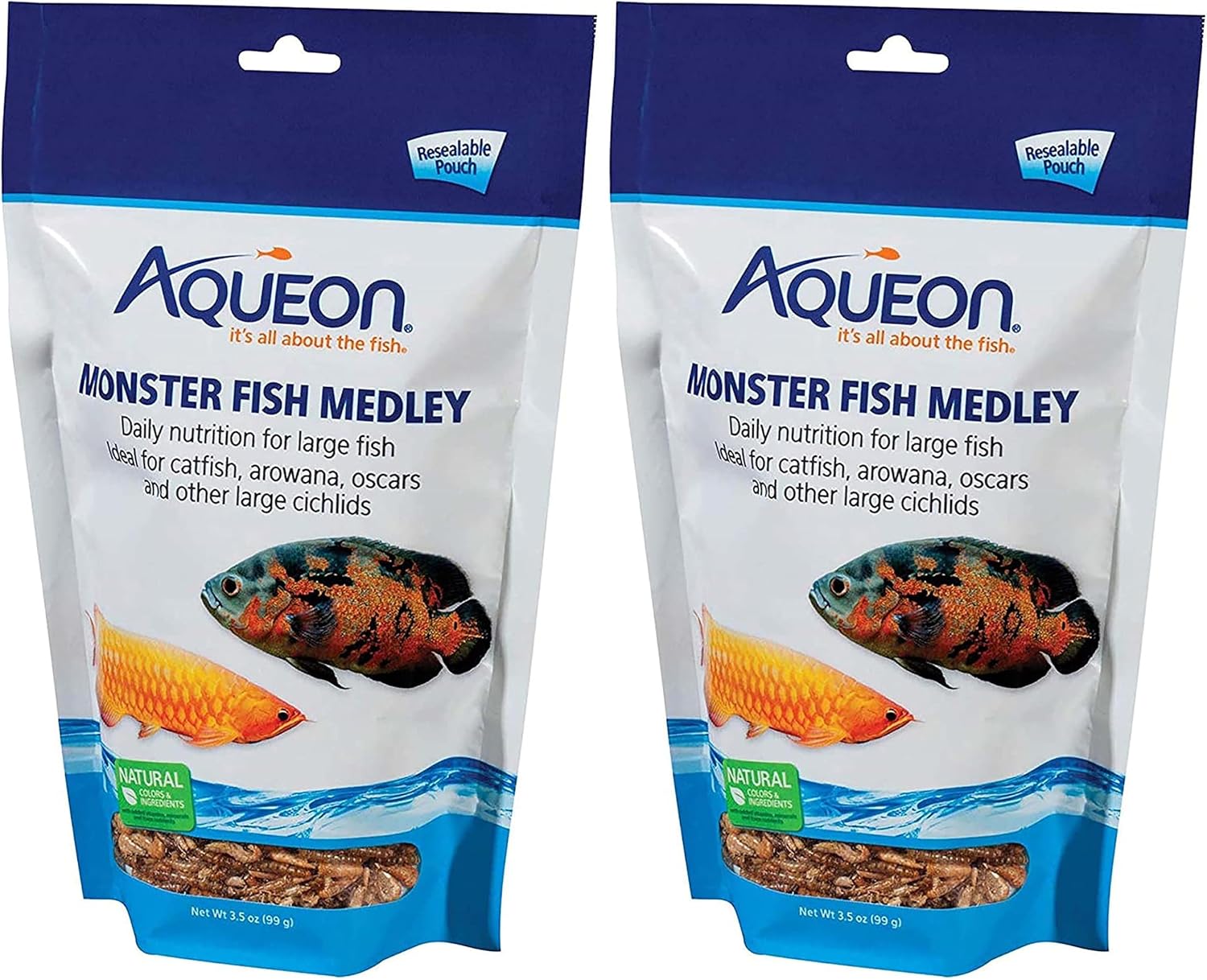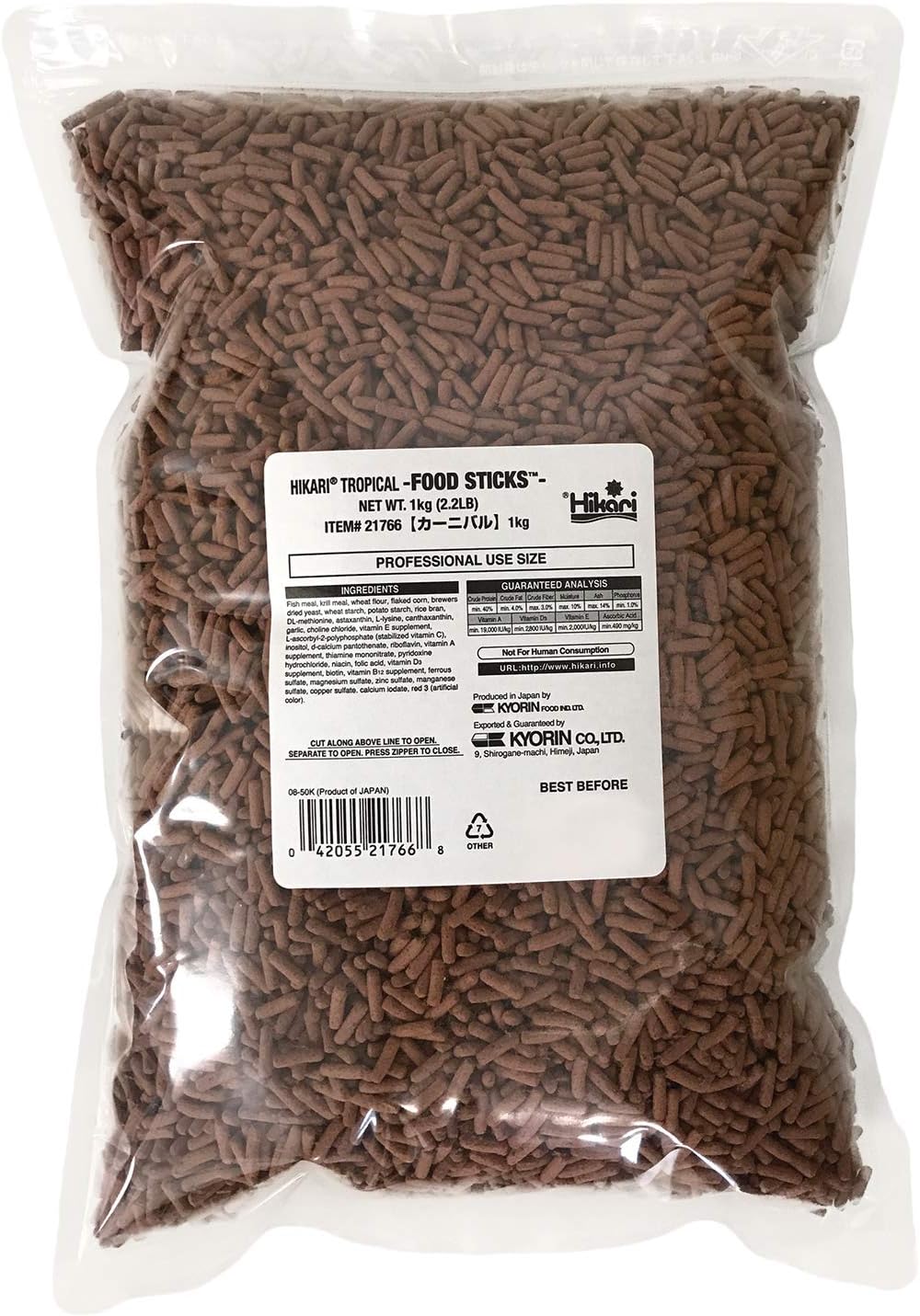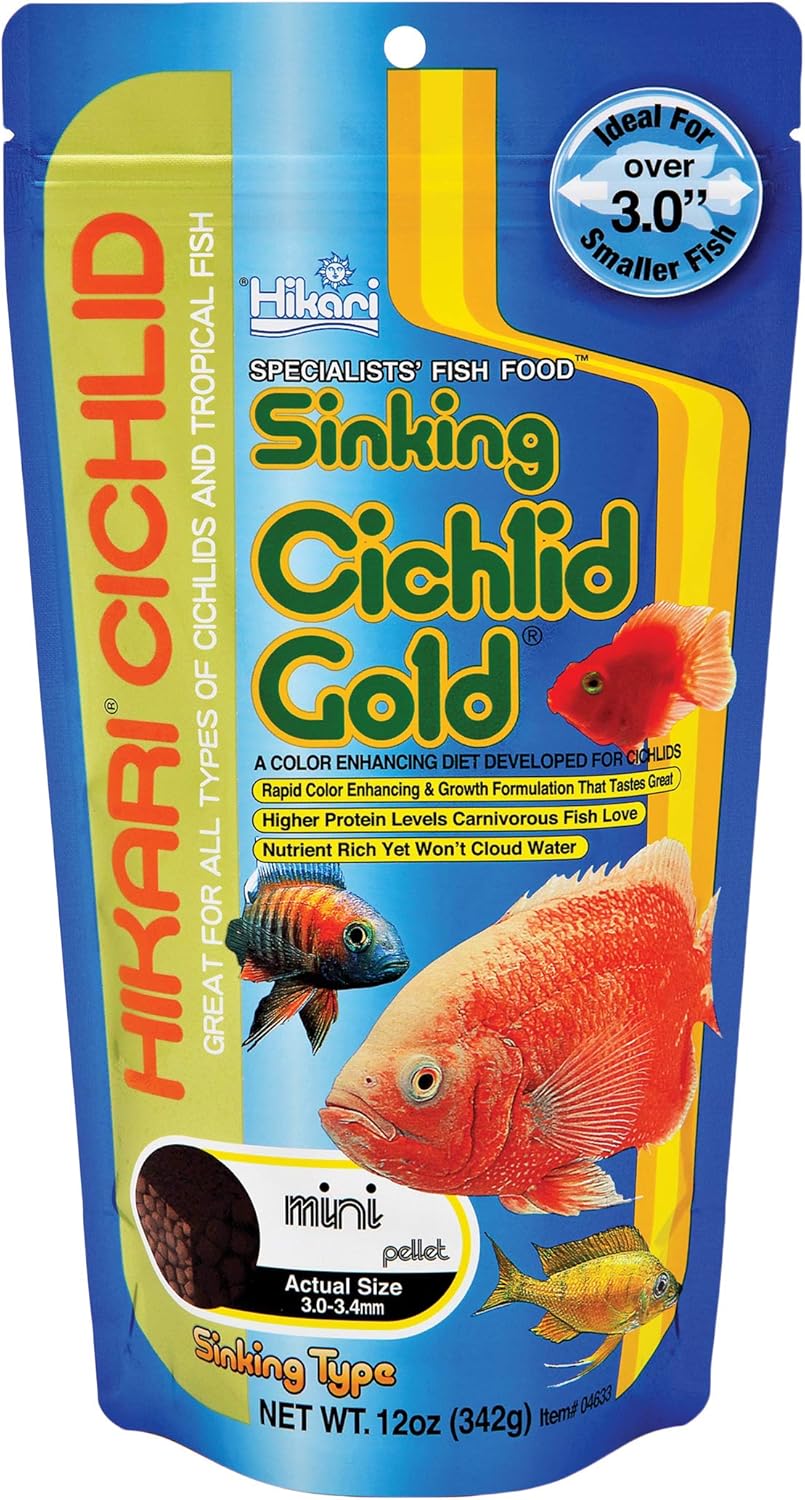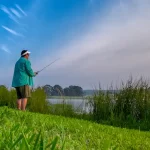Feeding pond fish is an essential part of keeping them healthy and happy. However, as the seasons change, it’s important to adjust their feeding schedule to ensure their well-being. One common question that pond owners often ask is: What month do you stop feeding pond fish?
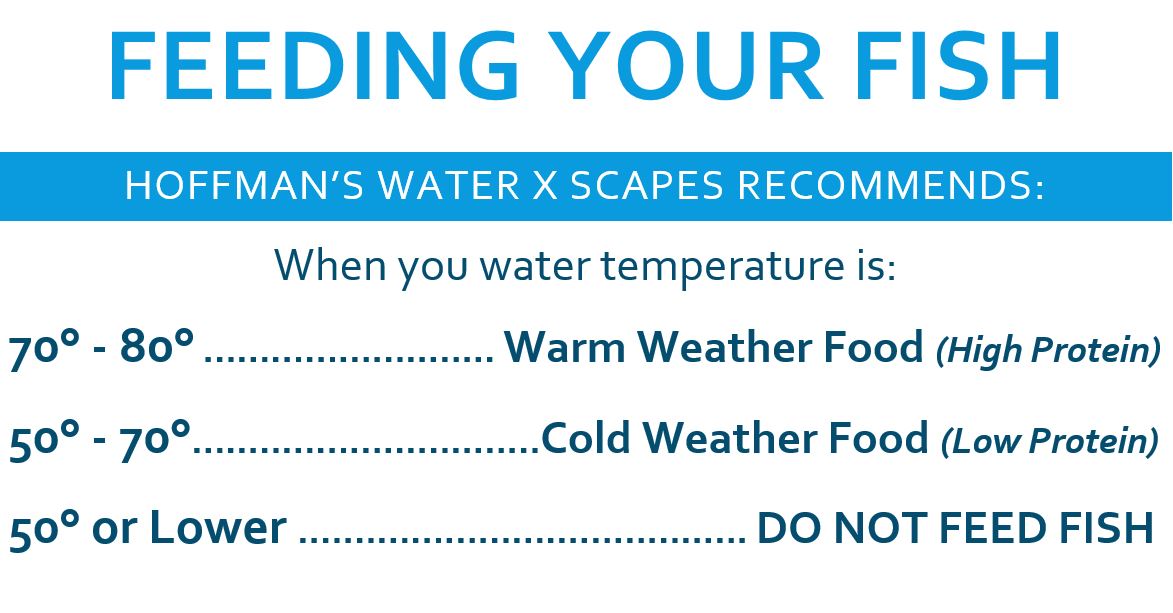
Credit: waterxscapes.com
5 Best Types Of Pond Fish Feeds
Transitioning Fish Feeding in Different Seasons
As the temperature drops and winter approaches, the metabolism of pond fish slows down. During this time, their nutritional requirements change, and overfeeding can lead to health issues. It is crucial to gradually reduce and eventually stop feeding pond fish as the weather gets colder.
Autumn: Transition Period
In autumn, as the temperatures begin to cool, pond fish start preparing for winter. It’s a good idea to start reducing the amount of food you give them. Begin by cutting back on the feeding frequency and the quantity of food offered.
During this transition period, you can switch to a more easily digestible food that helps the fish prepare for the upcoming winter months. Look for a fish food specifically formulated for cooler temperatures.
Winter: Cease Feeding
Once the temperatures consistently drop below 50°F (10°C), it’s time to stop feeding pond fish altogether. At this point, the fish’s metabolism slows down significantly, and they are less active, requiring minimal food intake.
Feeding fish in cold water can lead to digestive issues as they are unable to process the food efficiently. Overfeeding in winter can cause health problems and can even be fatal for the fish.
Spring: Resuming Feeding
As the temperatures begin to rise and your pond fish become more active, you can gradually resume feeding. Start with small amounts of food to avoid overfeeding, as the fish’s metabolism is still slow after the winter months.
Choose a high-quality fish food that provides the necessary nutrients for your pond fish to recover and thrive after the colder months. Monitor their feeding behavior and adjust the amount of food accordingly.
Factors to Consider
Several factors can influence when to stop feeding pond fish, such as the local climate, the type of fish in your pond, and the size of your pond. It’s essential to observe your fish and adjust their feeding schedule based on their behavior and environmental conditions.
Local Climate
The climate in your region plays a significant role in determining when to stop feeding pond fish. Areas with harsh winters may require you to cease feeding earlier compared to regions with milder temperatures. Consider the average temperature in your area when planning your fish feeding schedule.
Type Of Fish
Different types of pond fish have varying nutritional requirements and tolerance to cold temperatures. Koi and goldfish, for example, are cold-water fish that can survive in lower temperatures, while tropical fish may require warmer conditions. Adjust the feeding schedule based on the species of fish in your pond.
Pond Size
The size of your pond can also impact when to stop feeding pond fish. Larger ponds tend to maintain more stable temperatures compared to smaller ponds, which can affect the fish’s metabolism. Consider the volume of water in your pond when deciding on the feeding frequency and quantity. Because sometimes you don’t need to provide any feed to your pond fish, because they get the natural food from the pond. By the way, if you don’t know what do pond fish eat then check our previous article where we discussed about that.
Frequently Asked Questions
Q: Why do I need to stop feeding my pond fish in the colder months?
A: As temperatures drop, the metabolism of pond fish, such as koi and goldfish, slows down significantly. Feeding them during this time can cause uneaten food to decay, polluting the water, and may also cause digestive issues for the fish, as their systems cannot process food efficiently in cold conditions.
Q: What month should I stop feeding my pond fish?
A: The specific month can vary depending on your local climate, but generally, you should stop feeding your pond fish when water temperatures consistently fall below 50°F (10°C). This often occurs in late fall, around October or November, in many regions.
Q: How can I determine if it’s time to stop feeding my pond fish?
A: Use a pond thermometer to monitor water temperature. When it consistently stays below 50°F (10°C), it is time to stop feeding. Additionally, fish behavior can be a clue; they will become less active and show less interest in food as temperatures drop.
Q: Should I stop feeding my pond fish immediately when temperatures drop below 50°F?
A: Gradually reduce feeding as temperatures approach 50°F. Start by feeding less frequently and with smaller amounts. Once temperatures are consistently below 50°F, stop feeding altogether.
Q: What if my fish still seem hungry?
A: Even if fish seem hungry, their slowed metabolism means they can’t digest food properly. Feeding them can cause more harm than good. Instead, ensure your pond is clean and provide hiding spots and natural vegetation for them to forage.
Q: When should I resume feeding my pond fish in the spring?
A: Resume feeding when water temperatures consistently rise above 50°F (10°C). Start with small amounts of easily digestible food, such as wheat germ pellets, and gradually increase as the water warms and fish become more active.
Final Words
Knowing when to stop feeding pond fish is crucial for their health and well-being. By observing seasonal changes and monitoring their behavior, you can determine the best time to adjust their feeding schedule.
Remember to gradually reduce feeding as the temperatures drop, cease feeding in winter, and resume feeding in spring to ensure that your pond fish stay healthy and happy throughout the year.
Take into account the local climate, the type of fish in your pond, and the size of your pond when planning your fish feeding schedule. By providing the right care and nutrition, you can enjoy a thriving pond ecosystem with happy and vibrant fish.


